
Doctor jobs in UK
Doctor jobs in UK
Physician
UK
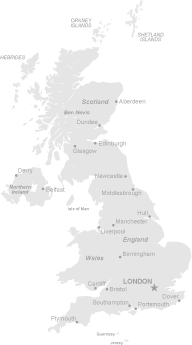
The United Kingdom of Great Britain and Northern Ireland
Interested in learning more about the United Kingdom? Click below to read the description and find out more about:
UK

The United Kingdom of Great Britain and Northern Ireland
Interested in learning more about the United Kingdom? Click below to read the description and find out more about:
The United Kingdom of Great Britain and Northern Ireland or more commonly known as the United Kingdom (UK) is a sovereign state located of the north-western coast of continental Europe. The country includes the island of Great Britain, the north-eastern part of the island of Ireland and many smaller islands. Northern Ireland is the only part of the UK that shares a land border with another state – the Republic of Ireland. Apart from this land border, the UK is surrounded by the Atlantic Ocean in the west and north and the North Sea in the east, the English Channel in the south, and the Irish Sea in the West.

The United Kingdom has a temperate climate, with plentiful rainfall all year round. The temperature varies with the seasons seldom dropping below -11 degrees Celsius or rising over 35 degrees Celsius. The prevailing wind is from the south-west and bears frequent of mild and wet weather from the Atlantic Ocean. Atlantic currents, warmed by the Gulf Stream bring mild winters, especially I the west where winters are wet and even more so over high ground. Summers are warmest in the south-east of England, being closest to the European mainland, and coolest in the north. Heavy snowfall can occur in the winter and early spring on high ground and occasionally settles to great depth away from the hills.
The UK has a partially regulated market economy. Based on the market exchange rates, the UK is today the sixth-largest economy in the world and the third-largest in Europe after Germany and France.
The UK service sector makes up around 73% of GDP. London is one of the three “command centers” of the global economy (alongside New York and Tokyo), and has the largest city GDP in Europe.
The Industrial Revolution started in the UK with an initial concentration on the textile industry, followed by other heavy industries such as shipbuilding, coal mining, and steelmaking. The empire was exploited as an overseas market for British products, allowing the UK to dominate international trade in the 19th century. Even in the 21st century the UK still has manufacturing as a significant part of the economy.
The automotive industry is a significant part of the UK manufacturing sector and employs over 800,000 people, with a turnover of some 52 billion pounds, generating 26.6 billion of exports. The aerospace industry of the UK is the second-largest national aerospace industry in the world generating an annual turnover of over 20 billion pounds.

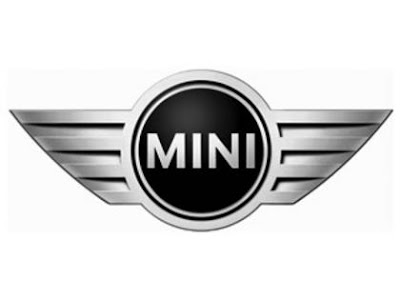



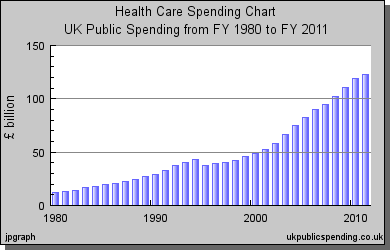
Healthcare in the United Kingdom is a developed matter, offering holistic and complementary treatments. Public healthcare is provided to all UK permanent residents and is free at the point of need, being paid for from general taxation. The World Health Organization, in 2000 ranked the provision of healthcare in the United Kingdom as fifteenth best in Europe and eighteenth in the world.
Regulatory bodies are organized on a UK-wide basis such as the General Medical Council, the Nursing and Midwifery Council and non-governmental-based, such as Royal Colleges. However, political and operational responsibility for healthcare lies with four national executives. Healthcare in England is the responsibility of the UK Government, healthcare in Northern Ireland is the responsibility of the Northern Ireland Executive, healthcare in Scotland is the responsibility of the Scottish Government, and healthcare in Wales is the responsibility of the Welsh Assembly Government. Each National Health Service has different policies and priorities, resulting in contrasts.
UK’s culture has been influenced by many factors including: the nation’s island status, its history as a western liberal democracy and major power, as well as being a political union of four countries with each preserving elements of distinctive traditions, customs and symbolism. British influence can be observed in the language, culture and legal system of many of its former colonies, including Australia, Canada, India, Ireland, New Zealand, South Africa and the United States. The substantial cultural influence of the United Kingdom has led it to be described as a “cultural superpower”.
Literature:
British literature refers to literature associated with the United Kingdom, the Isle of Man and the Channel Islands. Most British literature is in the English language. In 2005, some 206,000 books were published in the United Kingdom making it in 2006 the largest publisher of books in the world.
The English playwright and poet William Shakespeare is widely regarded as the greatest dramatist of all time, and his contemporaries Christopher Marlowe and Ben Jonson have also been held in continuous high esteem.
Notable pre-modern and modern English writers include Geoffrey Chaucer, Thomas Malory, Sir Thomas More, John Bunyan and John Milton. In the 18th century Daniel Defoe (author of Robinson Crusoe) and Samuel Richardson were pioneers of the modern novel. In the 19th century there followed further innovation with the works of artists such as Charles Dickens, George Eliot and William Blake.
20th-century English writers include science-fiction novelist H. G. Wells, the writers of children's classics Rudyard Kipling, A. A. Milne (the creator of Winnie-the-Pooh), Roald Dahl and Enid Blyton, the controversial D. H. Lawrence, modernist Virginia Woolf, the satirist Evelyn Waugh, the prophetic novelist George Orwell, the popular novelists W. Somerset Maugham and Graham Greene, the crime writer Agatha Christie (the best-selling novelist of all time), Ian Fleming (the creator of James Bond), the poets T. S. Eliot, Philip Larkin and Ted Hughes, and the fantasy writers J. R. R. Tolkien, C. S. Lewis and J. K. Rowling.
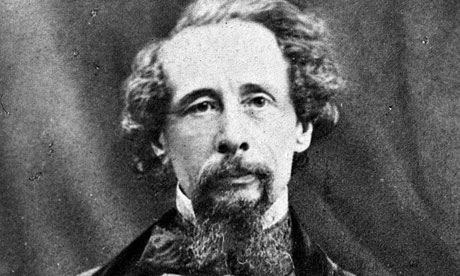
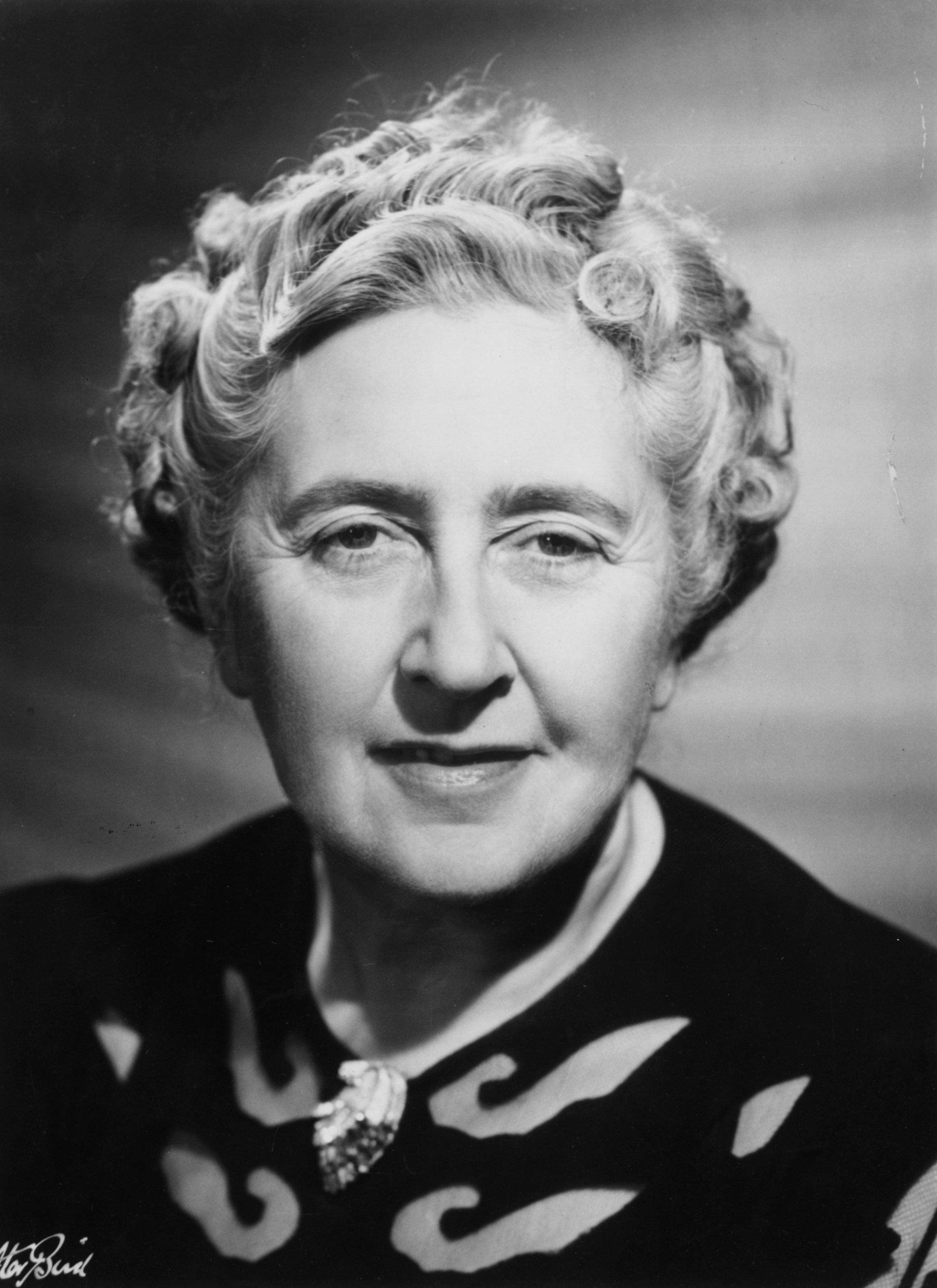

Charles Dickens, Agatha Christie, J. K. Rowling
Music:
Various styles of music are popular in the UK from the indigenous folk music of England, Wales, Scotland and Northern Ireland to heavy metal. Notable composers of classical music from the United Kingdom and the countries that preceded it include William Byrd, Henry Purcell, Sir Edward Elgar, Gustav Holst and Ralph Vaughan Williams. The UK is also home to world-renowned symphonic orchestras and choruses such as the BBC Symphony Orchestra and the London Symphony Chorus.


William Byrd, BBC Orchestra
The Beatles have international sales of over one billion units and are the biggest-selling and most influential band in the history of popular music. Other prominent British contributors to have influenced popular music over the last 50 years include The Rolling Stones, Led Zeppelin, Pink Floyd, Queen, The Bee Gees and Elton John.


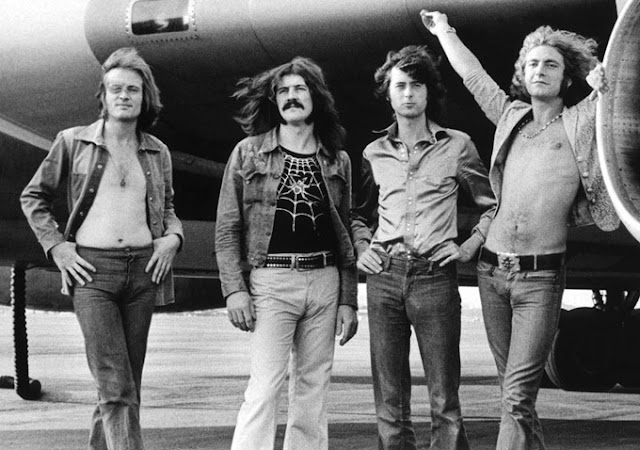
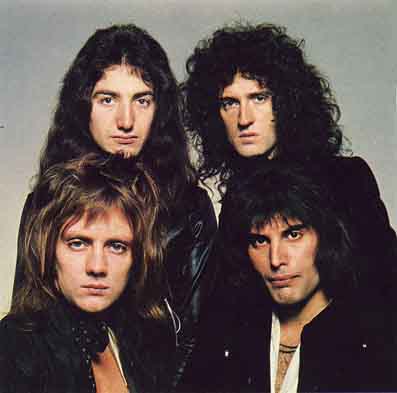
The Beatles, the Rolling Stones, Led Zeppelin, Queen
Visual Arts:
The history of British visual art forms part of western art history. Major British artists include: the Romantics William Blake, John Constable, Samuel Palmer and J.M.W. Turner, the portrait painters Sir Joshua Reynolds and Lucian Freud, the landscape artists Thomas Gainsborough and L. S. Lowry, the pioneer of the Arts and Crafts Movement William Morris, the figurative painter Francis Bacon, the Pop artists Peter Blake, Richard Hamilton and David Hockney, the collaborative duo Gilbert and George, the abstract artist Howard Hodgkin, and the sculptors Antony Gormley, Anish Kapoor and Henry Moore. During the late 1980s and 1990s the Saatchi Gallery in London helped to bring to public attention a group of multi-genre artists who would become known as the "Young British Artists": Damien Hirst, Chris Ofili, Rachel Whiteread, Tracey Emin, Mark Wallinger, Steve McQueen, Sam Taylor-Wood and the Chapman Brothers are among the better-known members of this loosely affiliated movement.


J.M.W. Turner
Cinema:
The United Kingdom has had a considerable influence on the history of the cinema. The British directors Alfred Hitchcock and David Lean are among the most critically acclaimed of all-time, with other important directors including Charlie Chaplin, Michael Powell, Carol Reed and Ridley Scott. Many British actors have achieved international fame and critical success, including: Julie Andrews, Richard Burton, Michael Caine, Charlie Chaplin, Sean Connery, Vivien Leigh, David Niven, Laurence Olivier, Peter Sellers and Kate Winslet. Some of the most commercially successful films of all time have been produced in the United Kingdom, including the two highest-grossing film franchises (Harry Potter and James Bond). Ealing Studios has a claim to being the oldest continuously working film studio in the world.
_01.jpg )

Charlie Chaplin, Alfred Hitchcock
Despite a history of important and successful productions, the industry has often been characterized by a debate about its identity and the level of American and European influence. British producers are active in international co-productions and British actors, directors and crew feature regularly in American films. Many successful Hollywood films have been based on British people, stories or events, including Titanic, The Lord of the Rings, and Pirates of the Caribbean.
In 2009, British films grossed around billion worldwide and achieved a market share of around 7% globally and 17% in the United Kingdom. UK box-office takings totaled £944 million in 2009, with around 173 million admissions. The British Film Institute has produced a poll ranking of what it considers to be the 100 greatest British films of all time, the BFI Top 100 British films. The annual British Academy Film Awards, hosted by the British Academy of Film and Television Arts, are the British equivalent of the Oscars.
Major sports, including association football, rugby league, rugby union, rowing, boxing, badminton, cricket, tennis, darts and golf, originated or were substantially developed in the United Kingdom and the states that preceded it. In most international competitions, separate teams represent England, Scotland and Wales. Northern Ireland and the Republic of Ireland usually field a single team representing all of Ireland, with notable exceptions being association football and the Commonwealth Games. In sporting contexts, the English, Scottish, Welsh and Northern Irish teams are often referred to collectively as the Home Nations. There are some sports in which a single team represents the whole of United Kingdom, including the Olympics, where the UK is represented by the Great Britain team. The 1908, 1948 Olympic Games and 2012 were held in London, making it the first city to play host for a third time.
A 2003 poll found that football is the most popular sport in the United Kingdom. Each of the Home Nations has its own football association, national team and league system. England, Scotland, Wales and Northern Ireland compete as separate countries in international competitions. A Great Britain Olympic football team was assembled for the first time to compete in the London 2012 Olympic Games. However, the Scottish, Welsh and Northern Irish football associations declined to participate, fearing that it would undermine their independent status – a fear confirmed by FIFA president Sepp Blatter.

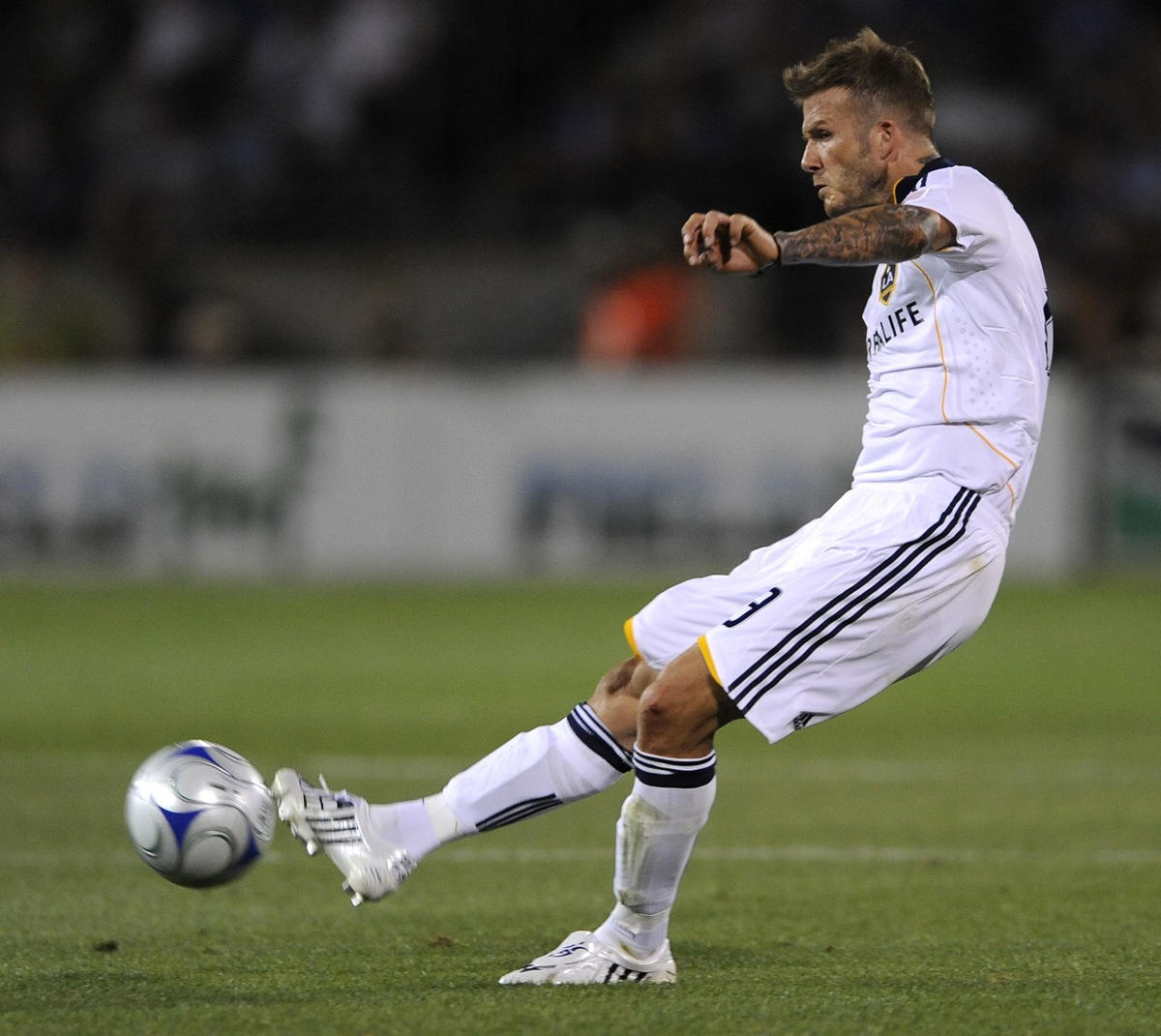
Cricket was invented in England. The England cricket team, controlled by the England and Wales Cricket Board, is the only national team in the UK with Test status. Team members are drawn from the main county sides, and include both English and Welsh players. Cricket is distinct from football and rugby where Wales and England field separate national teams, although Wales had fielded its own team in the past. Irish and Scottish players have played for England because neither Scotland nor Ireland have Test status and have only recently started to play in One Day Internationals. Scotland, England (and Wales), and Ireland (including Northern Ireland) have competed at the Cricket World Cup, with England reaching the finals on three occasions. There is a professional league championship in which clubs representing 17 English counties and 1 Welsh county compete.
Rugby league is a popular sport in some regions of the UK. It originated in Huddersfield and is generally played in Northern England. A single 'Great Britain Lions' team had competed in the Rugby League World Cup and Test match games, but this changed in 2008 when England, Scotland and Ireland competed as separate nations. Great Britain is still being retained as the full national team for Ashes tours against Australia, New Zealand and France. Super League is the highest level of professional rugby league in the UK and Europe. It consists of 11 teams from Northern England, 1 from London, 1 from Wales and 1 from France.
In rugby union, England, Scotland, Wales, Ireland, France and Italy compete in the Six Nations Championship; the premier international tournament in the northern hemisphere. Sport governing bodies in England, Scotland, Wales and Ireland organize and regulate the game separately. If any of the British teams or the Irish team beat the other three in a tournament, then it is awarded the Triple Crown.
Thoroughbred racing, which originated under Charles II of England as the "sport of kings", is popular throughout the UK with world-famous races including the Grand National, the Epsom Derby, Royal Ascot and the Cheltenham National Hunt Festival (including the Cheltenham Gold Cup). The UK has proved successful in the international sporting arena in rowing. The UK is closely associated with motorsport. Many teams and drivers in Formula One (F1) are based in the UK, and drivers from Britain have won more world titles than any other country. The UK hosted the very first F1 Grand Prix in 1950 at Silverstone, the current location of the British Grand Prix held each year in July. The country also hosts legs of the World Rally Championship and has its own touring car racing championship, the British Touring Car Championship (BTCC).

Golf is the sixth most popular sport, by participation, in the UK. Although The Royal and Ancient Golf Club of St Andrews in Scotland is the sport's home course, the world's oldest golf course is actually Musselburgh Links' Old Golf Course.

Snooker is one of the UK's popular sporting exports, with the world championships held annually in Sheffield. The modern game of lawn tennis first originated in the city of Birmingham between 1859 and 1865. The Championships, Wimbledon are international tennis events held in Wimbledon in south London every summer and are regarded as the most prestigious event of the global tennis calendar. In Northern Ireland Gaelic football and hurlingare popular team sports, both in terms of participation and spectating, and Irish expatriates in the UK and the US also play them.
Food:
- Milk (regular), 1 liter: 1.10 Eur
- Loaf of Fresh White Bread (500g): 1.16 Eur
- Eggs (12): 2.32 Eur
- Local Cheese (1kg): 6.97 Eur
- Chicken Breasts (Boneless, Skinless), (1kg): 8.13 Eur
- Apples (1kg): 1.98Eur
- Oranges (1kg): 1.86 Eur
- Potato (1kg): 1.39Eur
- Lettuce (1 head): 1.16 Eur
- Water (1.5 liter bottle): 1.16 Eur
Transport:
- One-way Ticket (local transport) : 2.32Eur
- Monthly Pass: 65.08Eur
- Taxi Start (Normal Tariff): 3.25 Eur
- Taxi 1km (Normal Tariff): 1.87Eur
- Gasoline (1 liter): 1.60 Eur
Utilities:
- Basic (Electricity, Gas, Water, Garbage) for 85m2 Apartment: 168.50Eur
- 1 min. of Prepaid Mobile Tariff Local (No Discounts or Plans): 0.17 Eur
- Internet (10 Mbps, Unlimited Data, Cable/ADSL): 23.24 Eur
Leisure:
- Fitness Club, Monthly Fee for 1 Adult: 46.48 Eur
- Tennis Court Rent (1 Hour on Weekend): 11.62 Eur
- Cinema, International Release, 1 Seat: 9.30 Eur
Income Tax rates and bands
| Rate | 2012 to 2013 tax year | 2013 to 2014 tax year |
| Basic rate 20% | £0 to £34,370 | £0 to £32,010 |
| Higher rate 40% | £34,371 to £150,000 | £32,011 to £150,000 |
| Additional rate 50% (45% from 6 April 2013) | Over £150,000 | Over £150,000 |
Most people in the UK get a ‘Personal Allowance’ of tax-free income. This is an amount of income you can have before you pay tax.
| Allowance | 2012 to 2013 tax year |
| Personal Allowance | £8,105 |
| Age 65 to 74 - Personal Allowance | £10,500 |
| Age 75 and over - Personal Allowance | £10,660 |
| Allowance | 2013 to 2014 tax year |
| Born after 5 April 1948 - Personal Allowance | £9,440 |
| Born between 6 April 1938 and 5 April 1948 - Personal Allowance | £10,500 |















